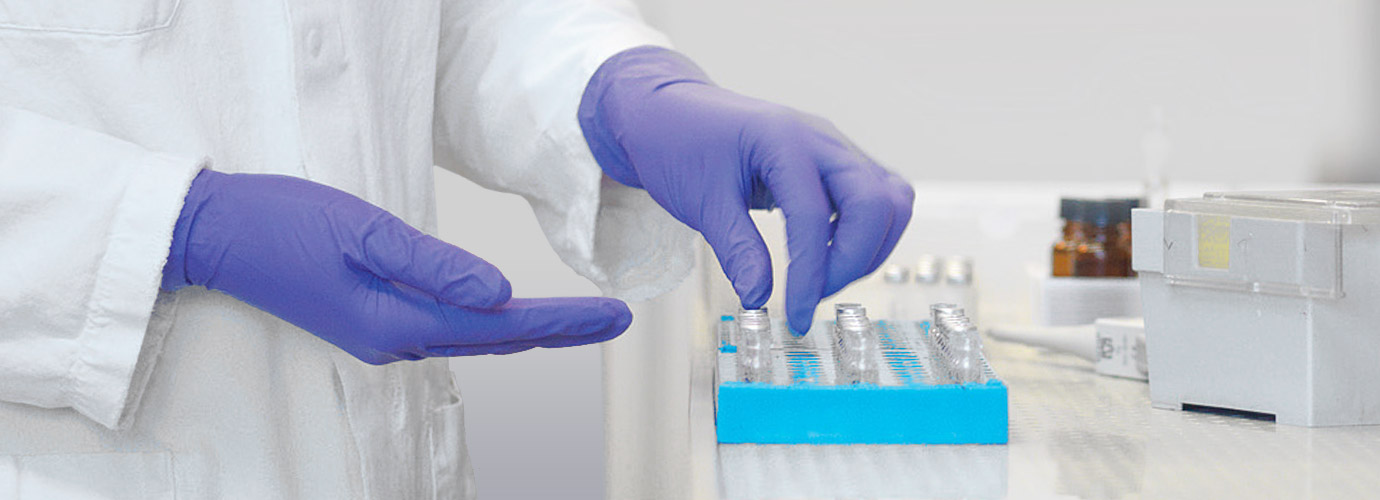One’s sweet tooth develops in utero and in early infancy

02.2025
Author Dr. Martin Claßen, Bremen
There is a consensus among nutritionists that consumption of monosaccharides and disaccharides is far too high in the developed West. Everyday clinical experience gives the impression that many people are addicted to sugar. Excessive sugar intake in absolute terms seems to play a role in increasing the risk of both diabetes and hypertension over the course of a person’s life. Researchers in Great Britain have used a historical “experiment” from the period after the Second World War to analyse how early our sweet tooth develops. Due to post-war rationing of sugar and sweets, pregnant women were allowed no more than 40 g/d of sugar and children no more than 15 g/d until 1953. These low quantities were in line with the current recommendations. After rationing ended, consumption increased to roughly double those values.
UK Biobank data was used to select 60,183 individuals born between October 1951 and March 1956, and they were surveyed when they were between 51 and 66 years of age. 38,155 of the test subjects had experienced rationing, while 22,028 of them, born between July 1954 and March 1956, had not.
The study showed that 3,936 participants had diabetes and 19,644 had hypertension. Sugar rationing in the first 1,000 days after conception led to a 35% reduction in the risk of diabetes and a 20% reduction in the risk of hypertension. The effect of in-utero rationing was responsible for approximately a third of these reductions. In the rationing group, the onset of these diseases was delayed by 4 and 2 years respectively.
Reference:
Gracner, T; Boone, C; Gertler, PJ. Exposure to sugar rationing in the first 1000 days of life protected against chronic disease. Science 31 Oct 2024. 10.1126/science.adn5421.


